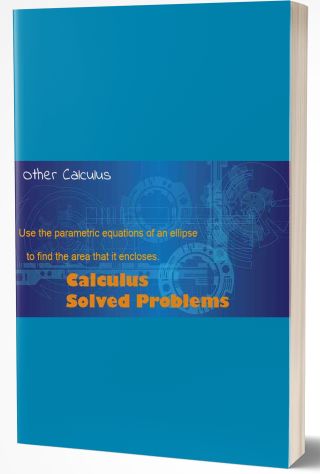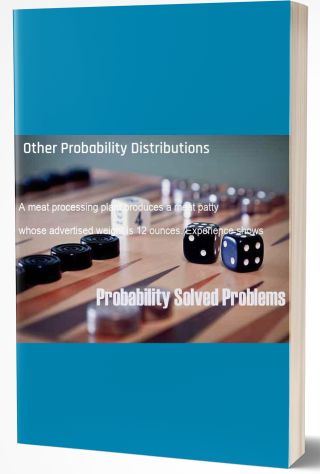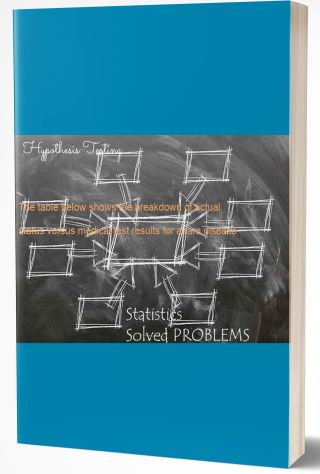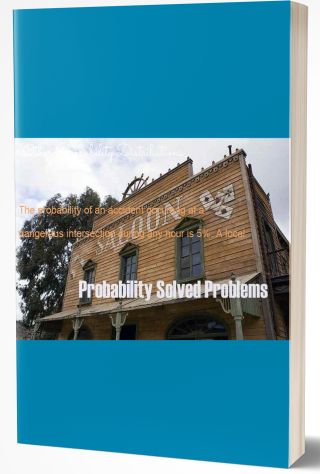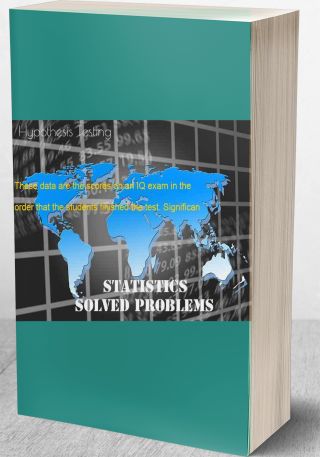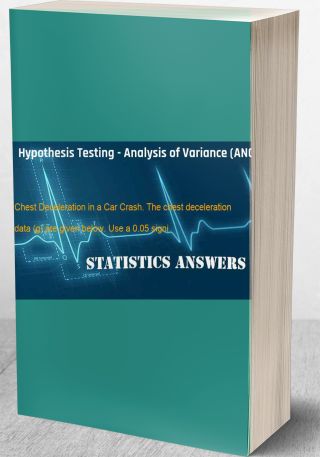Multiple-choice questions each have five possible answers (a ,b,c,d,e) one of which is correct. Assu
Question: Multiple-choice questions each have five possible answers ( a ,b,c,d,e ) one of which is correct. Assume that you guess the answers to three such questions.
a. Use the multiplication rule to find the probability that the first two guesses are wrong and the third is correct. That is, find P(WWC), where C denotes a correct answer an W denotes a wrong answer.
b. Beginning with WWC, make a complete list of the different possible arrangements of two wrong answers and one correct answer, then find the probability for each entry in the list.
c. Based on the preceding results, what is the probability of getting exactly one correct answer when three guesses are made?
Price: $2.99
Solution: The solution consists of 2 pages
Deliverables: Word Document
Deliverables: Word Document


